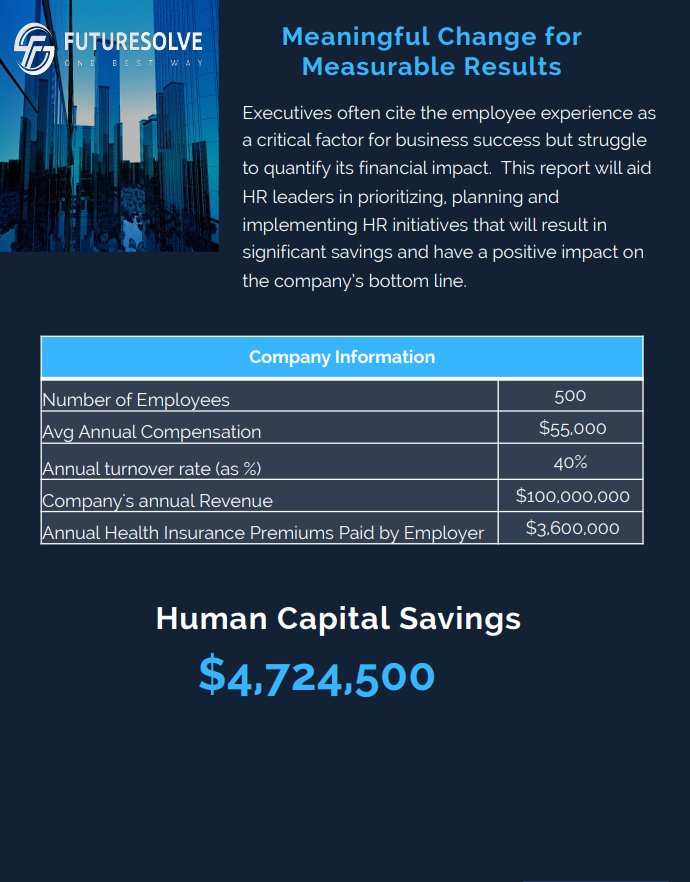In the ever-evolving landscape of healthcare, individuals and employers alike are faced with the daunting task of navigating through a plethora of options to secure the best coverage at the most affordable rates. In this pursuit, two key players emerge: health insurance brokers and advisors. While their roles may seem similar on the surface, a deeper understanding reveals distinct differences in their compensation, goals, and ultimately, their impact on both employers and employees.
The Distinction: Health Insurance Broker vs. Advisor
Health Insurance Brokers:
A health insurance broker serves as an intermediary between insurance companies and individuals or employers seeking coverage. Their primary goal is to match clients with suitable insurance policies that meet their specific needs and budgetary constraints. Brokers are typically independent agents who work with multiple insurance carriers, offering a wide array of options to their clients.
Compensation: Brokers are compensated through commissions paid by insurance companies for policies sold. This commission structure may vary depending on the insurer and the type of policy, but it is important to note that brokers do not receive direct payments from their clients.
Goals: Brokers are motivated to secure policies that satisfy their clients while maximizing their own commissions. However, since they work on a commission basis, there may be a perception of bias towards policies that offer higher commissions, although ethical brokers prioritize client needs above all else.
Health Insurance Advisors:
On the other hand, health insurance advisors operate with a broader scope, providing strategic guidance and consultation to employers regarding their healthcare benefits programs. Advisors focus on analyzing the unique needs and goals of their clients, devising comprehensive strategies to optimize healthcare benefits while controlling costs.
Compensation: Unlike brokers, health insurance advisors often charge fees for their services, which can be structured as flat fees, hourly rates, or project-based fees. This fee-based model ensures transparency and aligns the advisor’s incentives with the best interests of their clients, as they are not influenced by commissions from insurance companies.
Goals: The primary goal of health insurance advisors is to deliver value to their clients by designing benefits programs that promote employee health and well-being while containing costs. Advisors prioritize long-term partnerships with their clients, striving to implement sustainable solutions that drive positive outcomes for both employers and employees.
Navigating Healthcare Challenges: A Real-Life Example
The recent Johnson & Johnson drug benefits suit serves as a stark reminder of the complexities and challenges inherent in managing healthcare benefits. Employers are increasingly realizing the importance of proactive strategies to mitigate risks and optimize their benefits programs.
In the case of Johnson & Johnson, the lawsuit underscores the critical need for employers to scrutinize their prescription drug benefit plans and ensure transparency in their dealings with pharmaceutical companies. By engaging experienced health insurance advisors, employers can gain valuable insights into cost-saving opportunities, such as negotiating rebates and implementing formulary management strategies.
A Winning Strategy: Balancing Cost Savings with Employee Well-being
Effective healthcare benefits management requires striking a delicate balance between cost containment and employee satisfaction. While cost-saving measures are essential for the financial health of companies, they must not come at the expense of employee well-being.
By partnering with knowledgeable health insurance advisors, employers can implement holistic benefits strategies that prioritize both cost efficiency and employee-centric benefits. These strategies may include initiatives such as wellness programs, telemedicine services, and innovative plan designs tailored to meet the diverse needs of employees.
Conclusion
In conclusion, the roles of health insurance brokers and advisors are integral to navigating the complexities of the healthcare landscape. While brokers facilitate the selection of insurance policies, advisors offer strategic guidance to employers in designing comprehensive benefits programs. By understanding the differences between these roles and leveraging their expertise, employers can optimize their healthcare benefits, ultimately leading to cost savings and improved employee satisfaction.





























